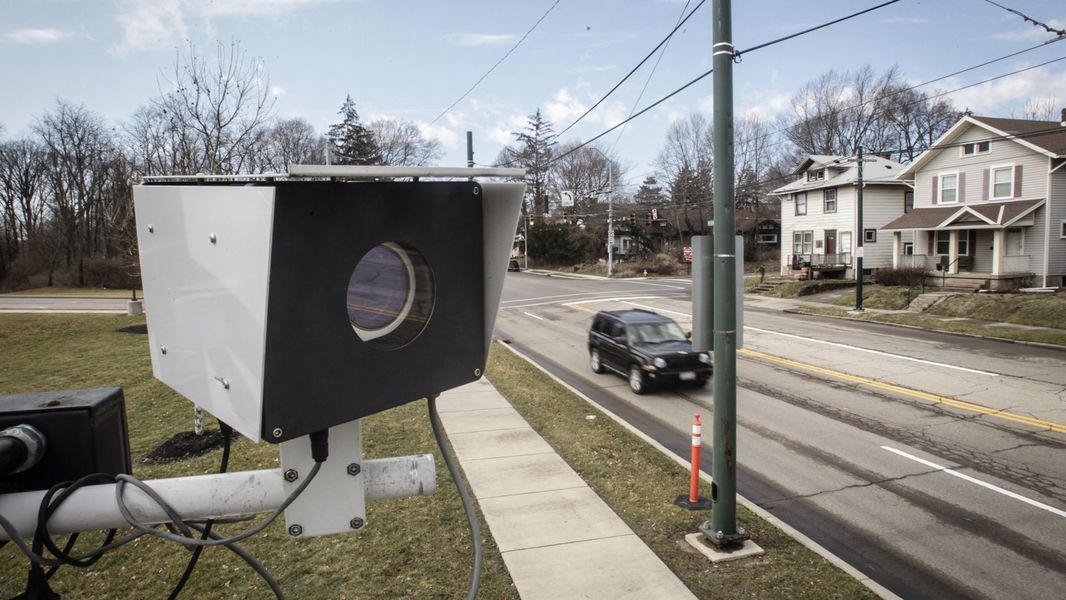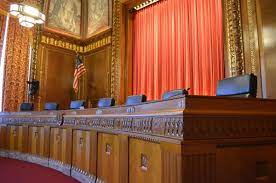

The Ohio Supreme Court has agreed to hear the New Miami Speed Camera case.
The Butler County Common Pleas Court had ordered that over $3.5 million should be returned to tens of thousands of motor vehicle owners who were cited by the Village of New Miami’s unconstitutional automated speed enforcement program (ASEP). The court had found that the ASEP, under which notices of violation could only be challenged in a severely limited civil administrative hearing, violated the due process rights of motorists. Judge Sage wrote, “The village has intentionally chosen to ignore [the] basic tenets of procedural law and adopted a civil ordinance which is strongly skewed in its favor and which denies the people cited any chance for a fair hearing…”).
The Twelfth District Court of Appeals reversed the decision of the Common Pleas Court, but not without expressing significant reservations. The Twelfth District’s decision observed that a person “who received a notice of liability… would have encountered significant obstacles” in attempting to mount a defense. In his concurrence, Judge Piper observed that “there are significant due process concerns…”
The Ohio Supreme Court has agreed to hear the case. The Court will be asked to ensure that a public-private partnership designed to raise revenue for a municipality does not place the desire for quick cash ahead of due process for citizens. (Ohio motorists paid over $3 million to a public-private enterprise—the company received 40% of the fines, the Village 60%—that created, managed, and profited from an ASEP). Attorney Joshua A. Engel said: “The New Miami Speed Camera program was designed not to assure public safety but to maximize revenue and expedite payments through the use of a bare bones civil administrative process. It was totally unnecessary for the company and the Village to create a process that short-circuited the due process. No public safety interest was served by this minimal process. The only purpose it served was the desire for quick cash that the Village could spend on things other than public safety.”
